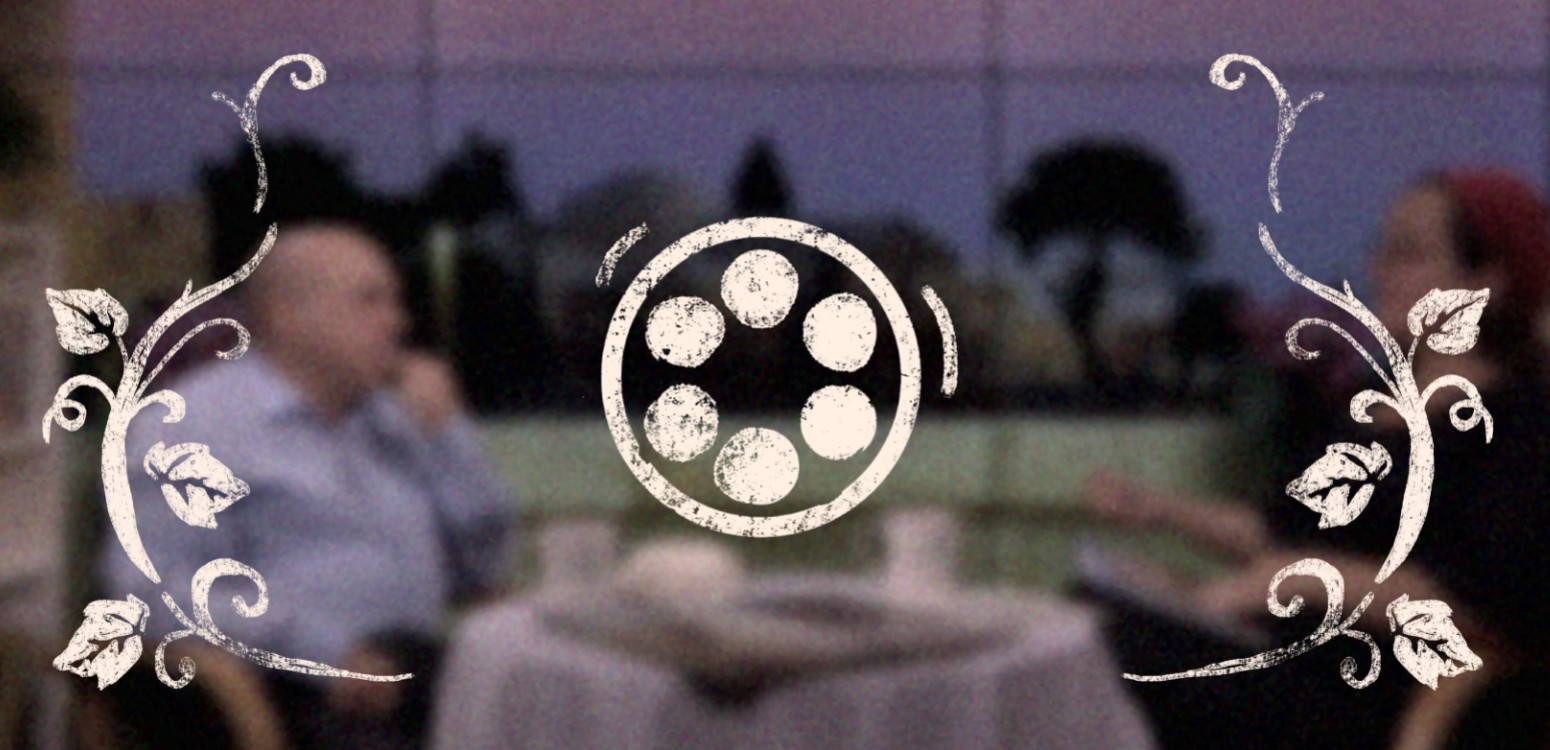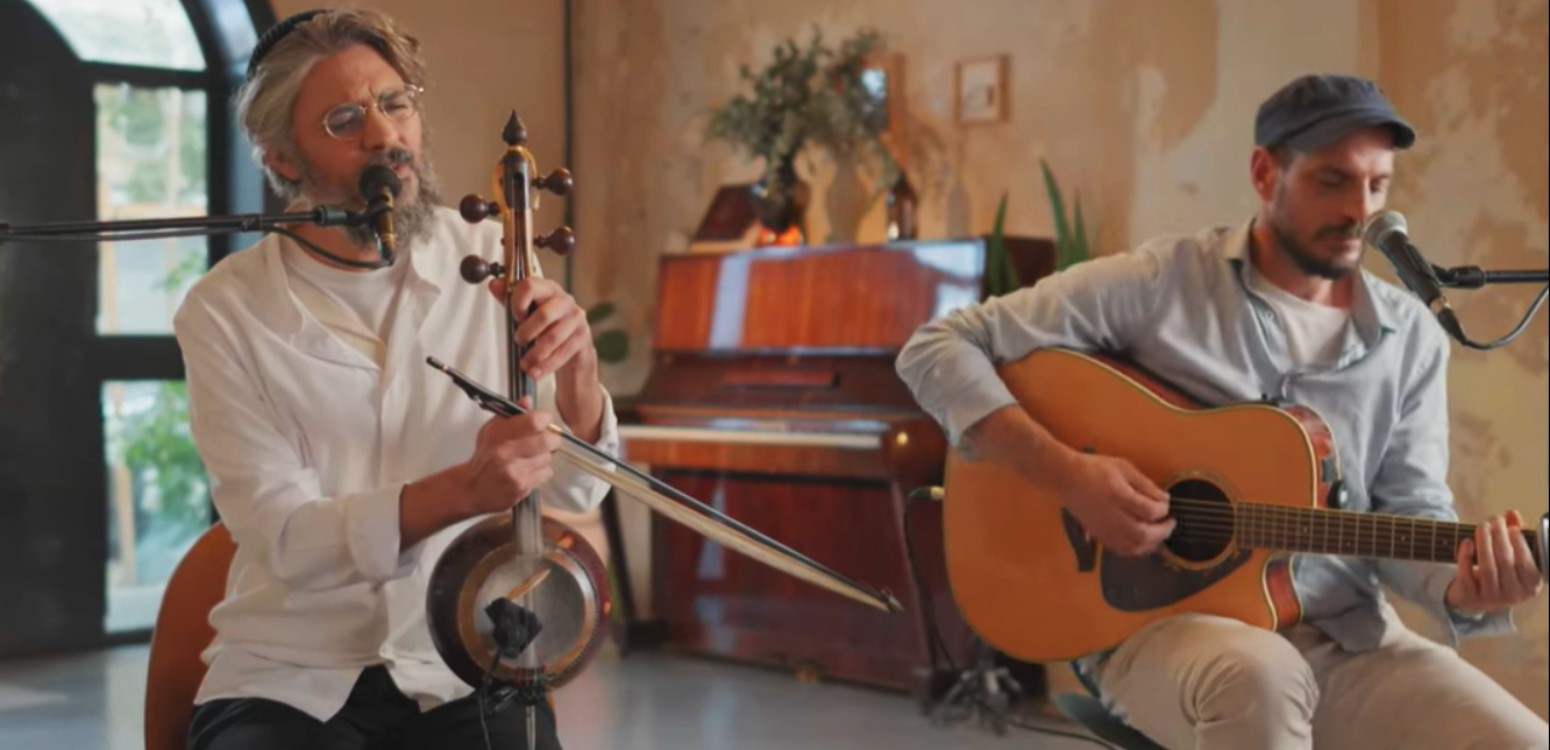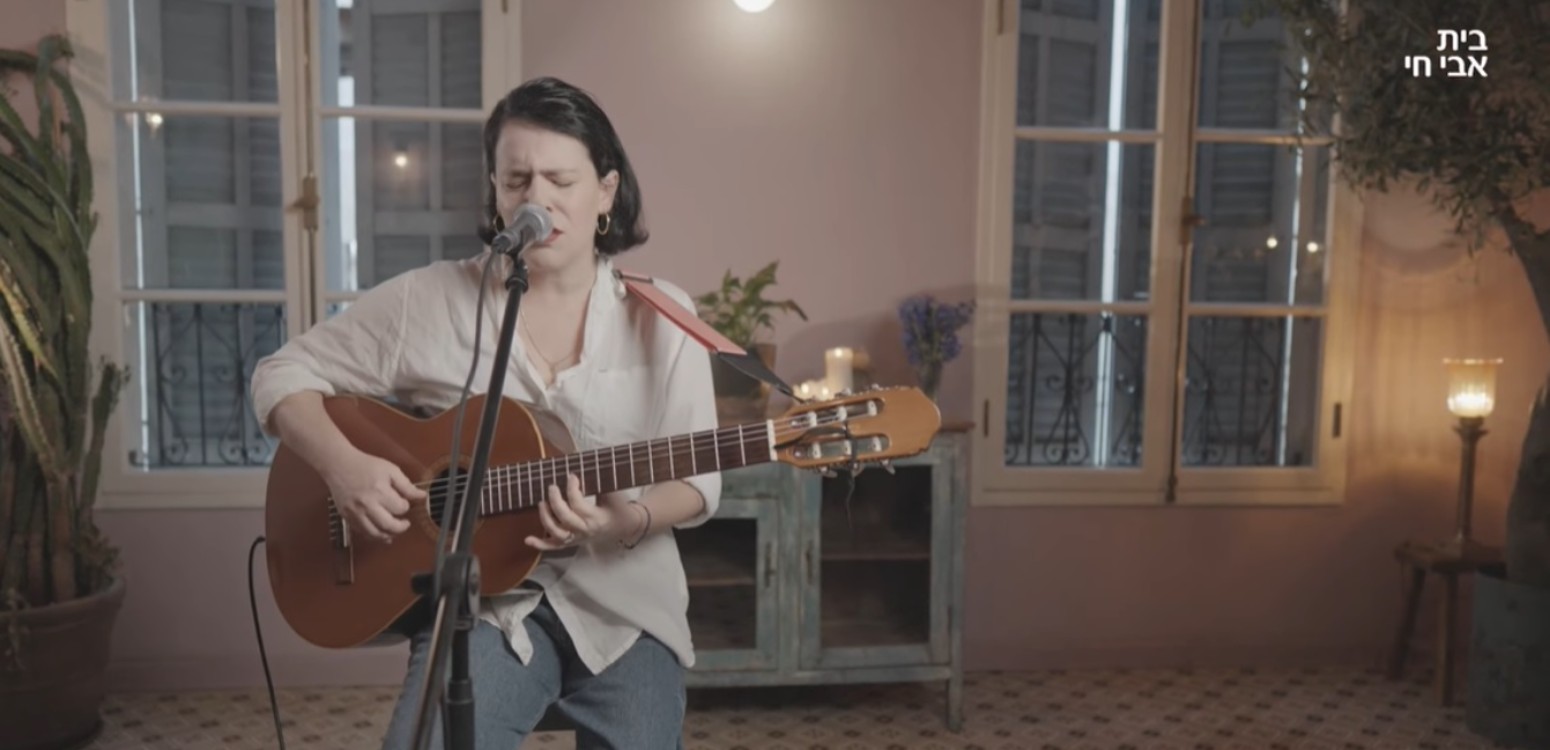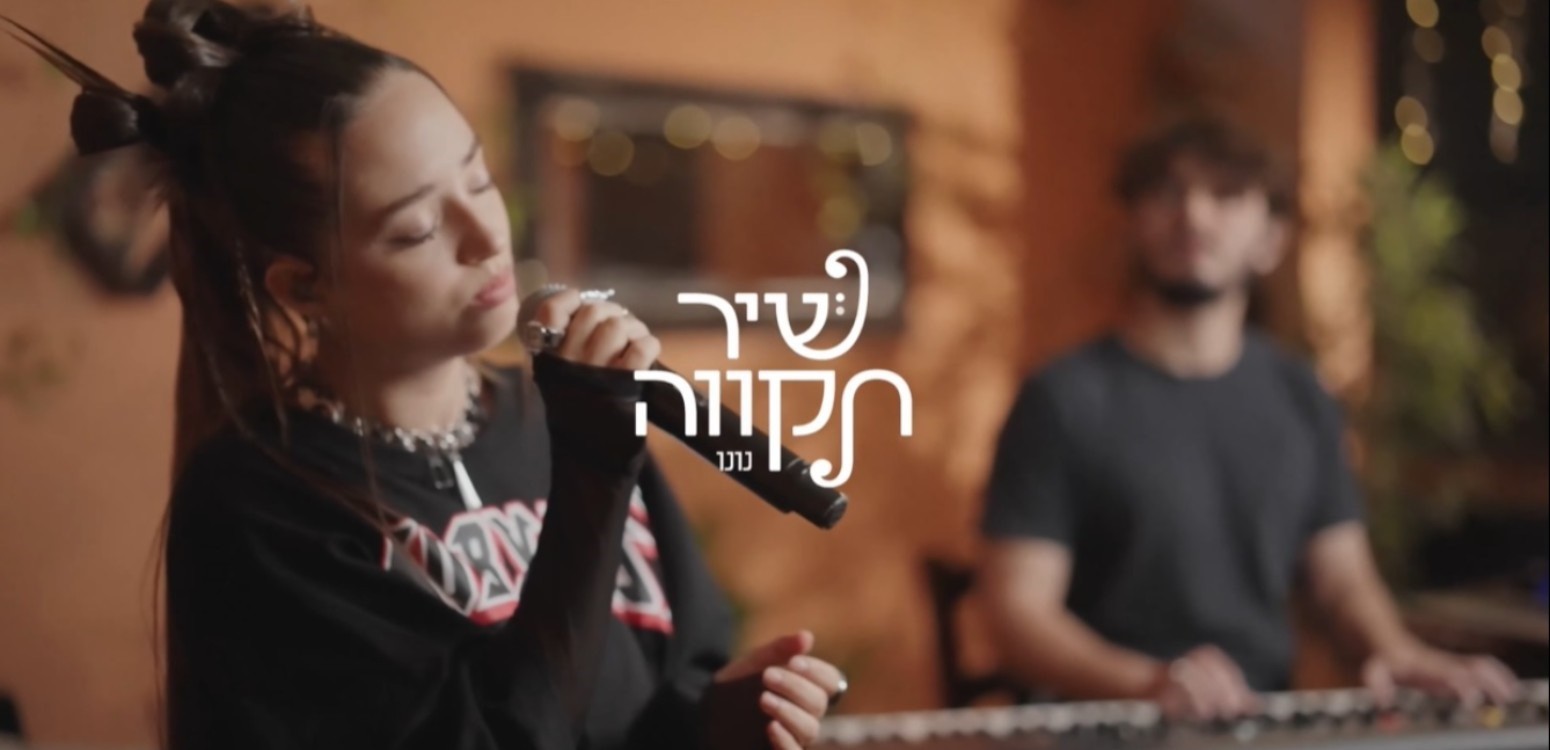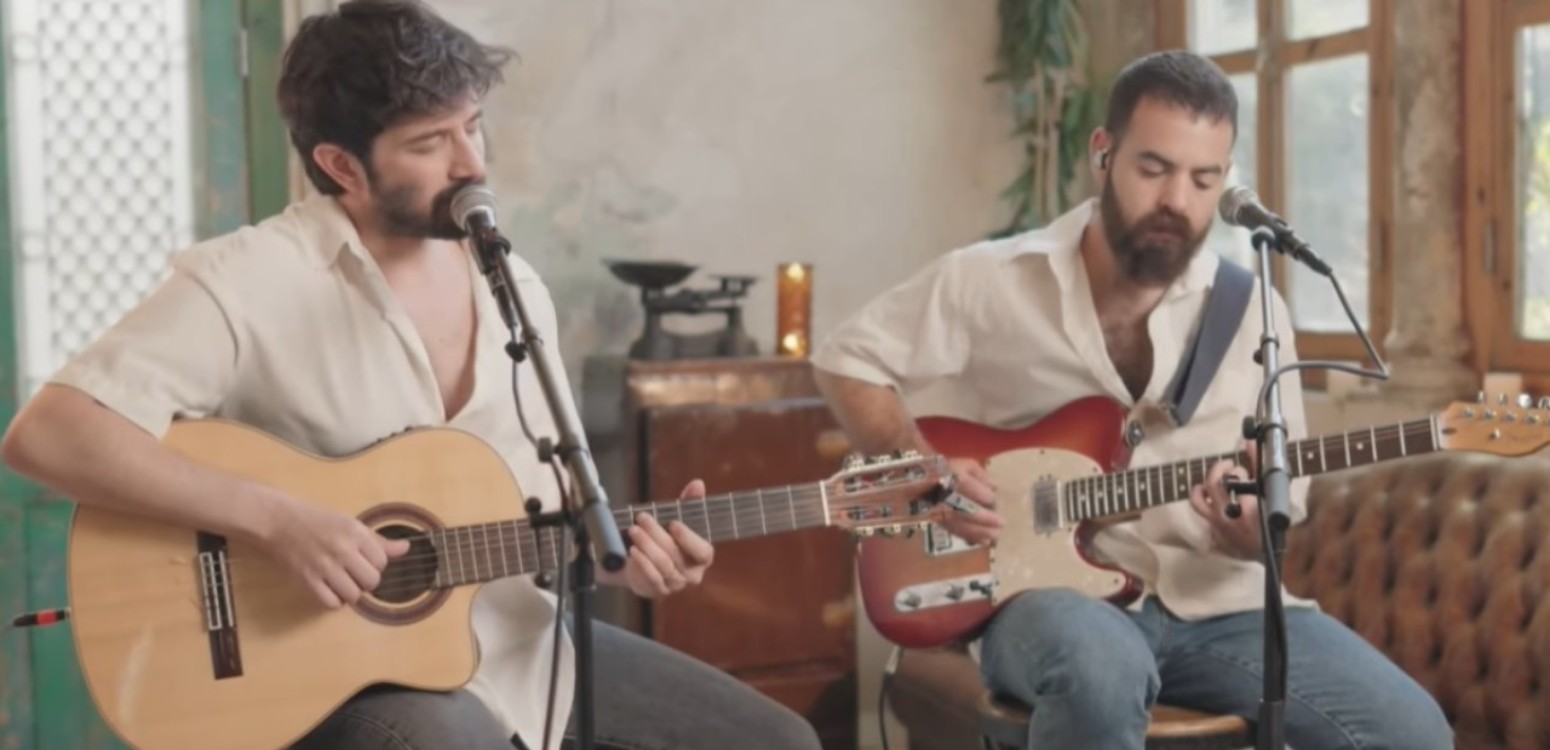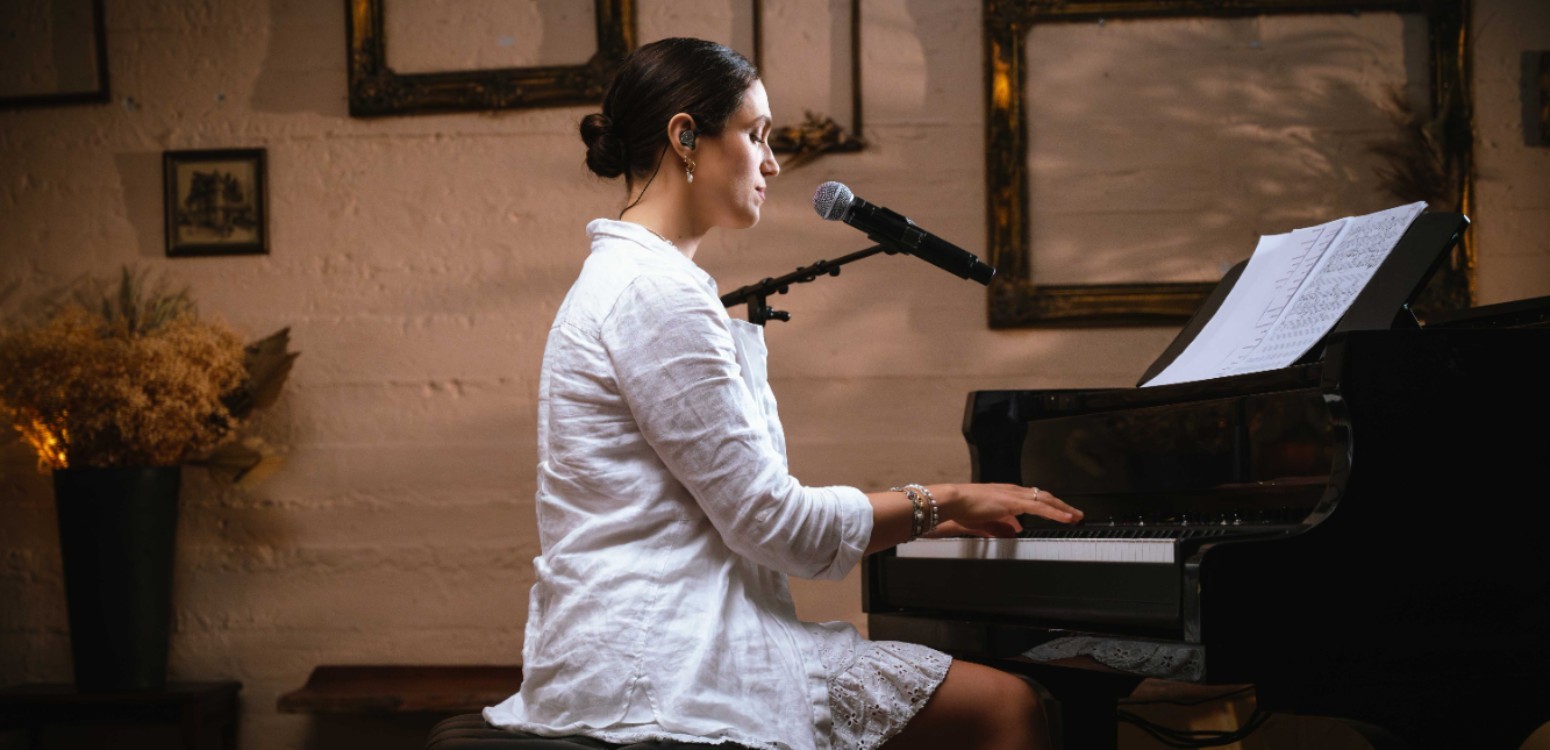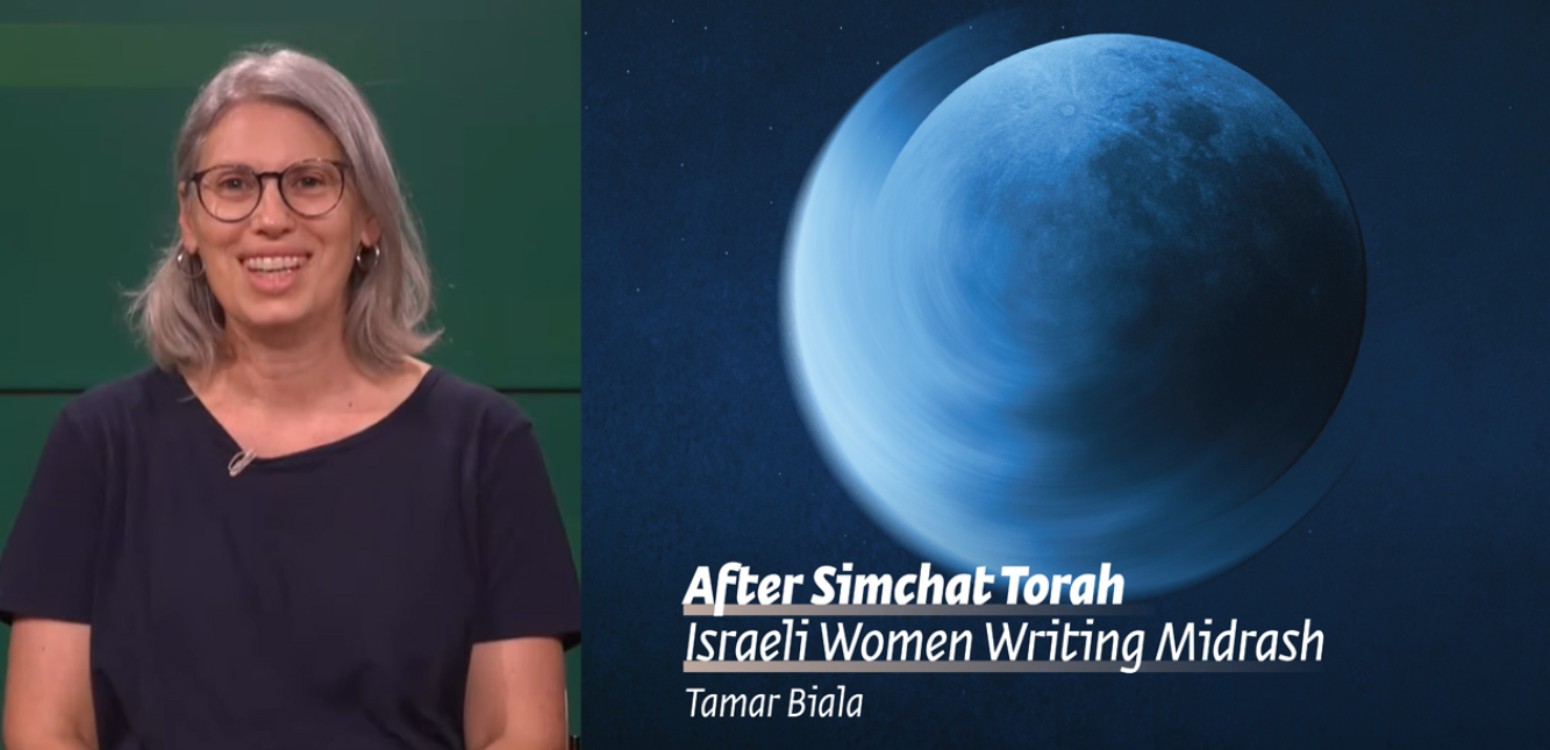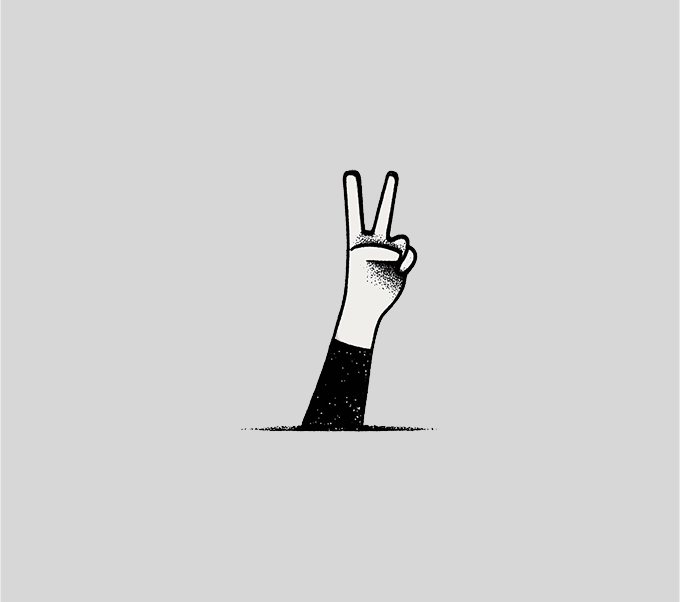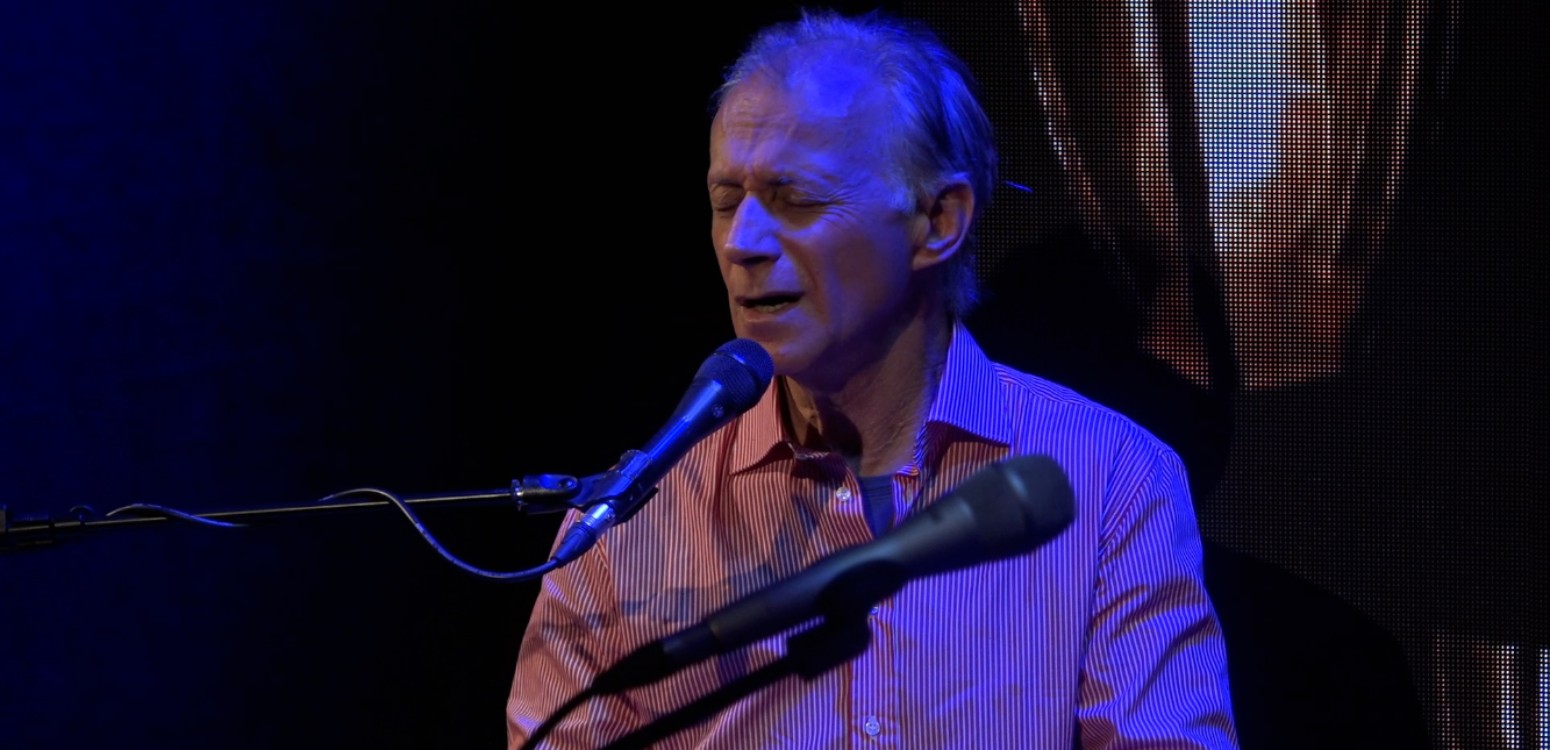
As Rosh Hashanah approaches, Moses’ counterintuitive teaching becomes urgent: the ability to change isn’t rare like gold but accessible like water. Repentance requires no extraordinary effort – only recognition of our natural capacity for renewal
We often assume that the most important things in life must be the hardest to attain. Wisdom requires years of study, spiritual enlightenment demands rigorous discipline, and meaningful change seems to require extraordinary effort. Yet in this week’s Torah portion, Moses offers a surprising counter-narrative:
“For the commandment that I command you today: it is not too extraordinary for you, it is not too far away. It is not in the heavens, that you should say, ‘Who among us can go up to the heavens and get it for us and impart it to us, that we may observe it?’ Neither is it beyond the sea, that you should say, ‘Who among us can cross to the other side of the sea and get it for us and impart it to us, that we may observe it?’ Rather, near to you is the word, exceedingly, in your mouth and in your heart, to observe it!” (Deuteronomy 30:11-14)
Torah like water
We might have expected Moses, at least for marketing purposes, to compare the Torah to gold, to present it as something rare, to tell the people that only those who dedicate their entire lives to it could understand it, that indeed the commandments are very distant from us, but whoever builds a spiritual ladder and constantly climbs heavenward will merit touching them. But Moses chooses to say exactly the opposite of the marketing logic we are used to – this commandment is not in heaven, and it is not beyond the sea, and no effort is needed at all to reach it. Indeed, the Torah is compared to water that is found everywhere, not to rare pearls.
Only luxuries require great effort to obtain
Does this mean that the Torah is something cheap and unimportant like a stone in the street? Meir Simcha of Dvinsk (1843–1926) offers a profound insight: God designed the world so that our most essential needs are the most easily satisfied. A newborn immediately finds nourishment at his mother’s breast; air surrounds us for us to breathe effortlessly; water requires some effort to procure but remains abundant; bread demands more work but sustains us for days. Only luxuries – things we can actually live without – require great effort to obtain.
The same principle applies to morality and spirituality. We were naturally given the love of righteousness and a heart that tends toward good. What we most desperately need for our souls – ethical living, spiritual connection, the ability to change – is as available as the air we breathe.
Born with moral instincts
But why should physical necessities mirror spiritual ones? Meir Simcha of Dvinsk’s (1843-1926) commentary on the Torah, Meshech Chokhmah, suggests that this reflects a fundamental design principle: God created us with both bodies and souls, and both have parallel structures of need and accessibility. Just as our bodies naturally seek air and water without being taught, our souls naturally gravitate toward justice, compassion, and truth. A child instinctively knows when something is unfair, just as they instinctively breathe. We don’t need advanced degrees in ethics to recognize cruelty or kindness – these moral instincts are as immediate as hunger or thirst. The problem arises when we convince ourselves that accessing our moral compass requires the same effort as acquiring luxuries, making the simple seem impossibly complex.
As close as our next breath
Moses’ choice of the singular “commandment” is telling. According to the Meshech Chochmah, he is referring specifically to repentance – the capacity to change, to return, to begin again.
As Rosh Hashanah approaches, this message becomes urgent. We often view personal transformation as an impossible climb – fixing relationships, changing habits, becoming who we want to be. It feels distant, requiring superhuman effort or divine intervention. But Moses insists otherwise: the power to change isn’t locked away in heaven or across distant seas. It’s as close as our next breath, our next word, our next choice.
The most essential things are the most accessible. The ability to acknowledge mistakes, seek forgiveness, and choose differently tomorrow isn’t a rare gift reserved for saints. It’s as available as air, as natural as a mother’s milk – waiting for us to recognize what we already possess.
May the new year be beautiful and different, very different.
Shabbat Shalom and Happy Holiday.
Lior Tal Sadeh is an educator, writer, and author of “What Is Above, What Is Below” (Carmel, 2022). He hosts the daily “Source of Inspiration” podcast, produced by Beit Avi Chai.
For more insights into Parashat Nitzavim, listen to “Source of Inspiration”.
Translation of most Hebrew texts sourced from Sefaria.org
Main Photo:Created using AI\ ChatGPT
Also at Beit Avi Chai



